Why is the US Reluctant to Sell Fifth-Gen F-35 Fighter Aircraft to Its Close Arab Allies?
It's not that Gulf Arab countries don't want to acquire fifth-generation fighter jets, but their persistent attempts to acquire the F-35 fighter jets have hit a dead end, despite these Gulf Arab nations being close allies of Washington in the region.
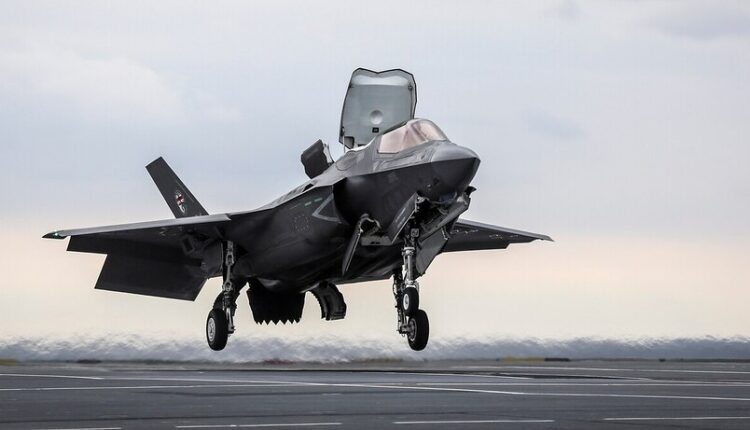
(DEFENCE SECURITY ASIA) –Despite blessed with wealth and abundance of petro-dollar, the air forces of Gulf Arab countries, especially Saudi Arabia, the United Arab Emirates (UAE), and Qatar, have yet to be equipped with fifth-generation fighter jets such as the F-35.
It’s not that Gulf Arab countries don’t want to buy the fifth-generation fighter jets, but their persistent attempts to acquire the F-35 fighter jets have hit a dead end, despite these three Gulf Arab nations being close allies and strong backer of Washington in the region.
Saudi Arabia, the UAE, and Qatar have bought advanced fighter jets from the American and European companies with ease previously, but why were their efforts to acquire the F-35 have been unsuccessful thus far.
Until now, hundreds of F-35 fighter jets have been sold by the United States to its allies worldwide, but not a single one of these advanced aircraft has been sold to the wealthy Gulf Arab countries despite them being a close ally to Washington. Why?
For the United States, it is willing to sell the F-35 to these Arab countries, but any sales agreement is accompanied by extremely strict conditions, making any sale of Lockheed Martin’s fifth-generation aircraft impossible.
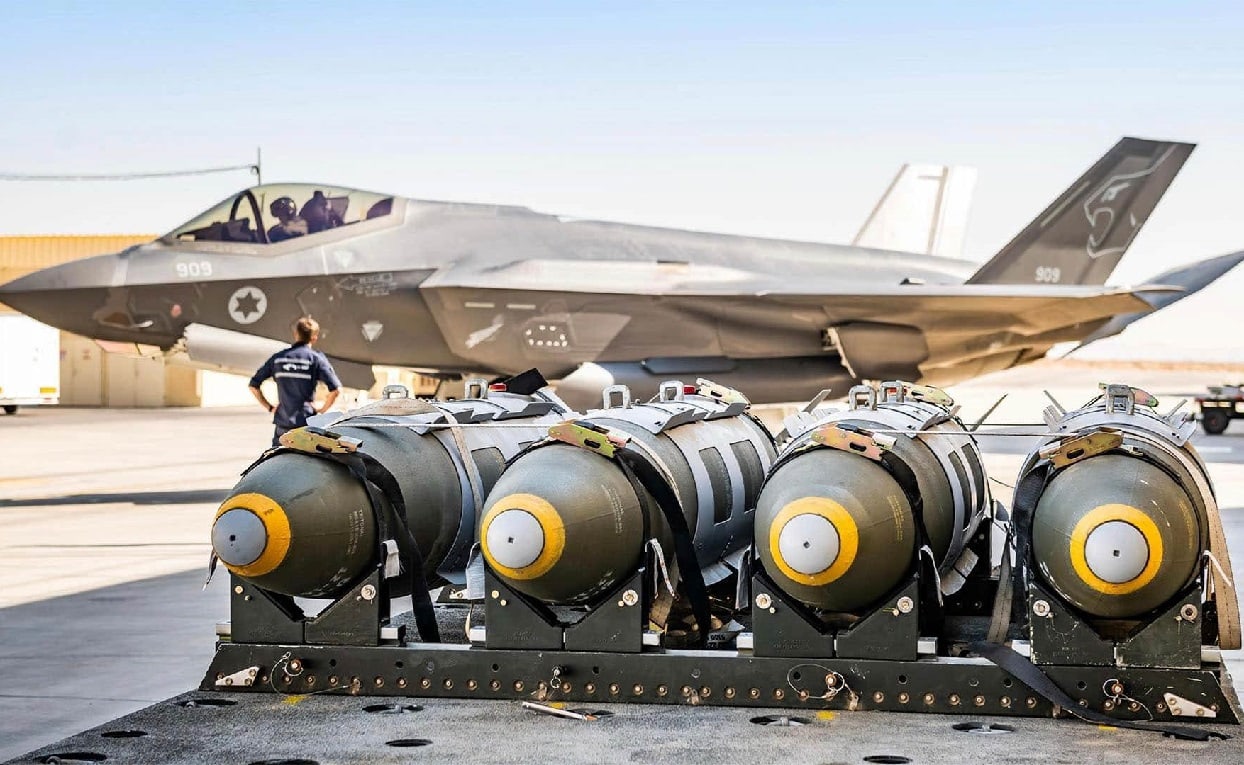
Conditions such as human rights records, politics, and others have been imposed by Washington on these Gulf Arab countries if they want to own F-35 fighter jets, proving a major stumbling block in realising their dream of owning a fifth generation fighter aircraft.
In 2021, the UAE had agreed to purchase 50 F-35 fighter jets and 18 MQ-9 Reaper drones from the United States, during Donald Trump’s administration, in an estimated $23 billion deal.
The agreement for purchase of F-35 had only received a “green light” from Washington after the UAE agreed to establish diplomatic relations with Israel under the Abraham Accords initiative.
However, the agreement fell apart when the UAE refused to follow the United States’ lead in ending its cooperation with the Chinese 5G technology giant, Huawei.
The United States was concerned that China might use Huawei’s 5G technology in the UAE to spy on the capabilities of the F-35 fighter jets.


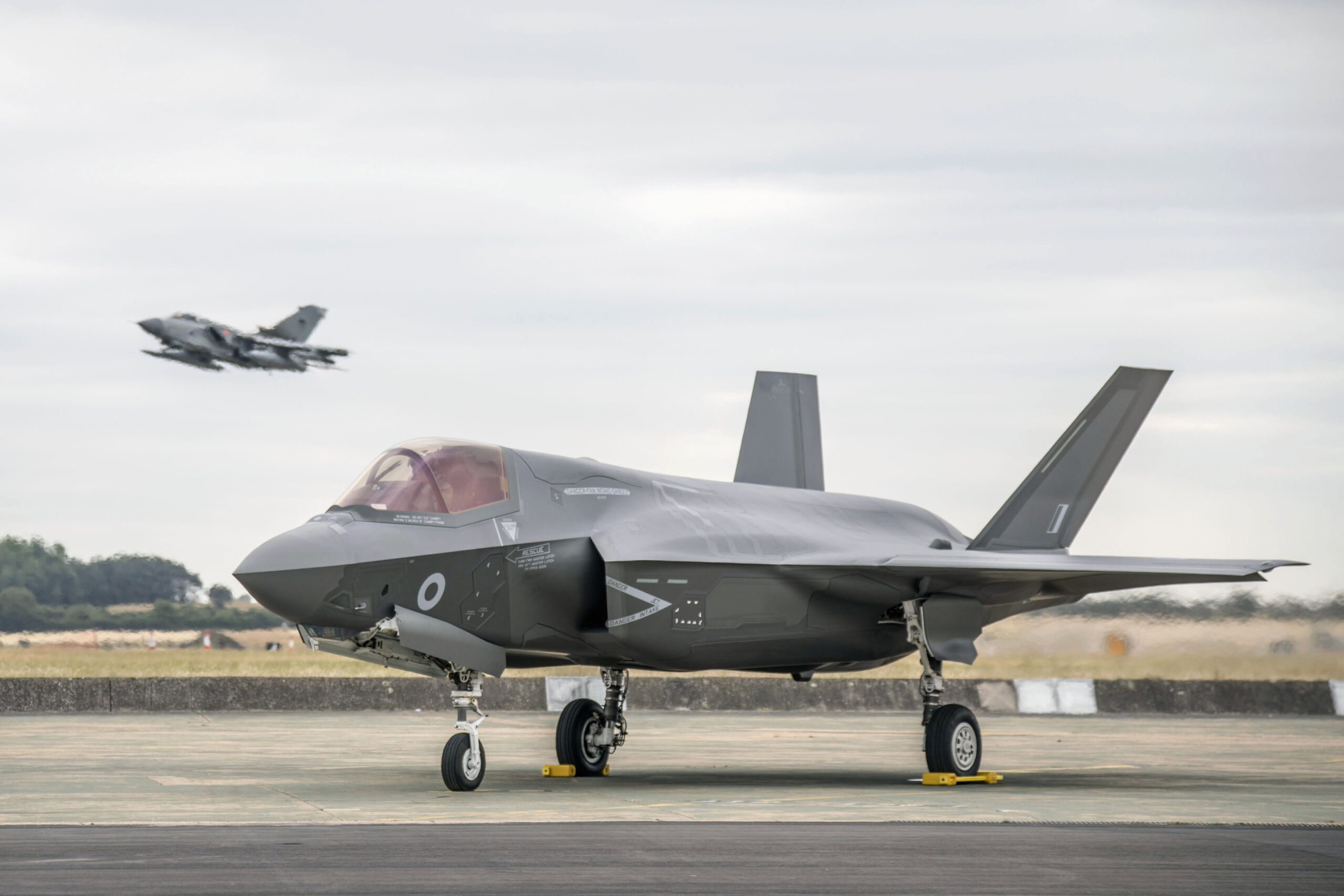
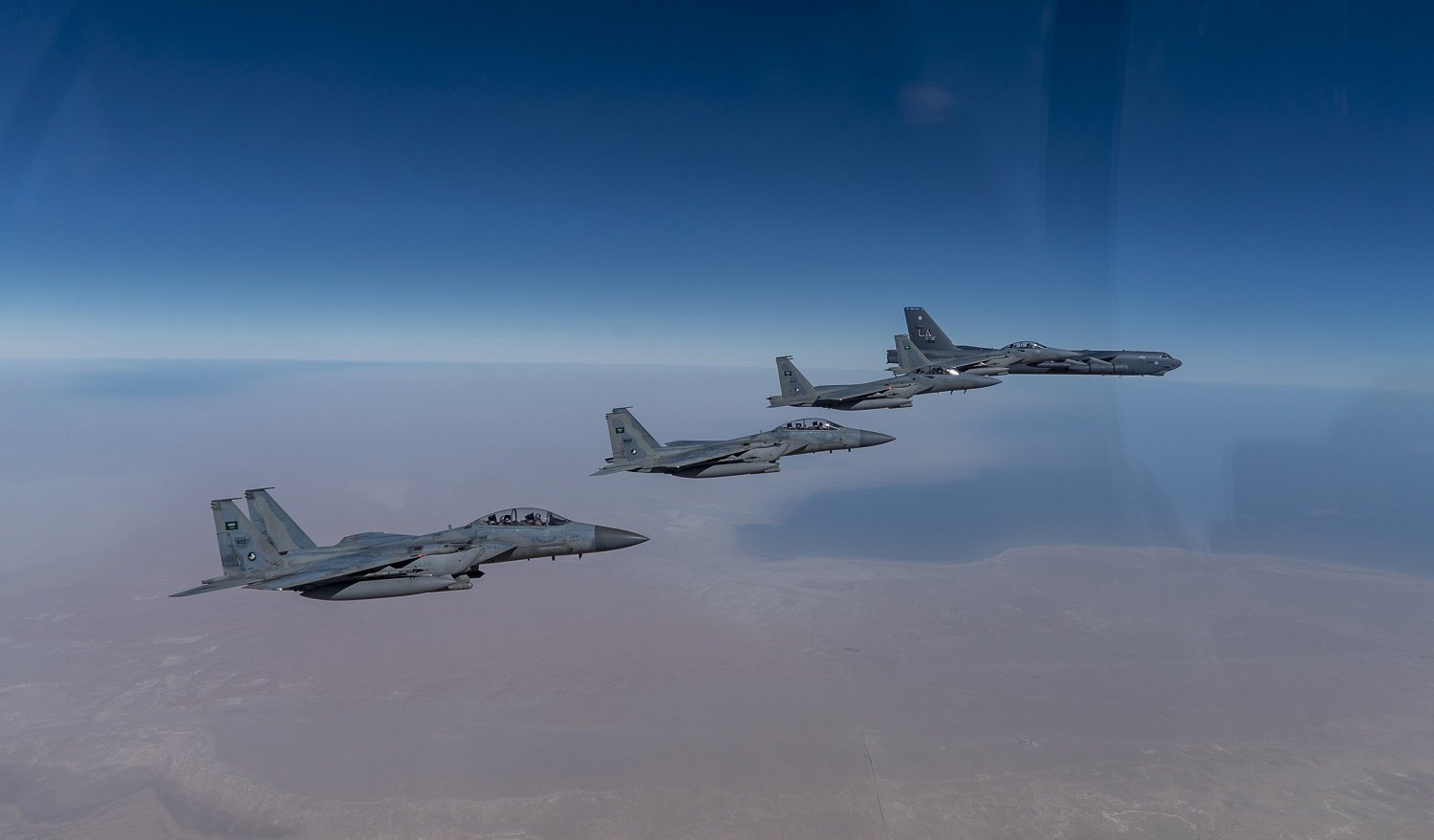
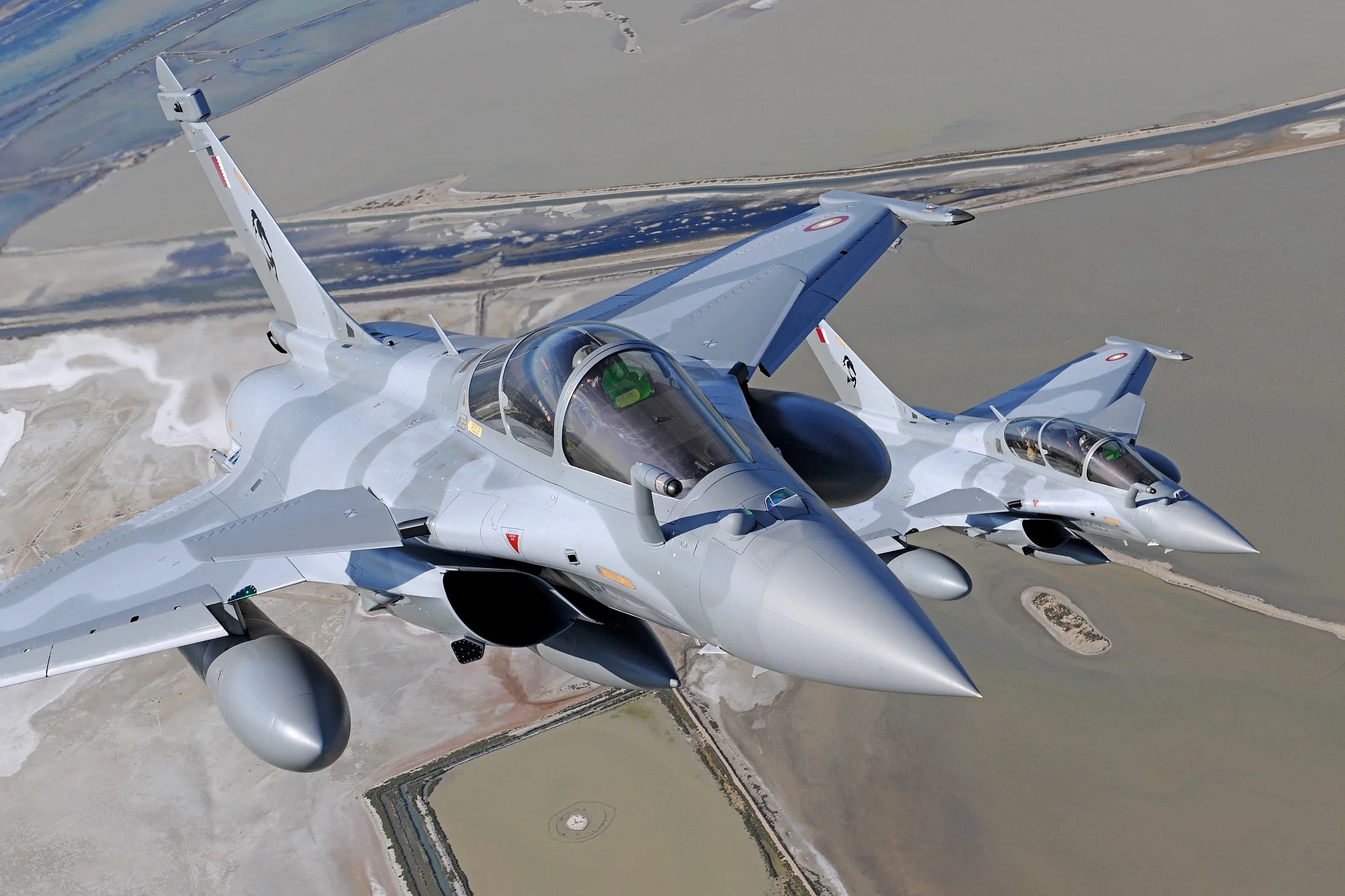
Comments are closed.